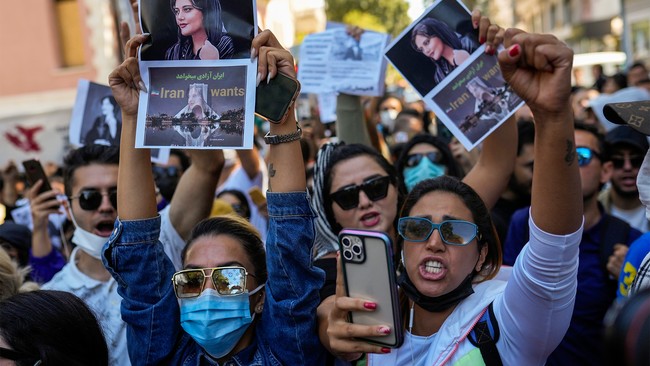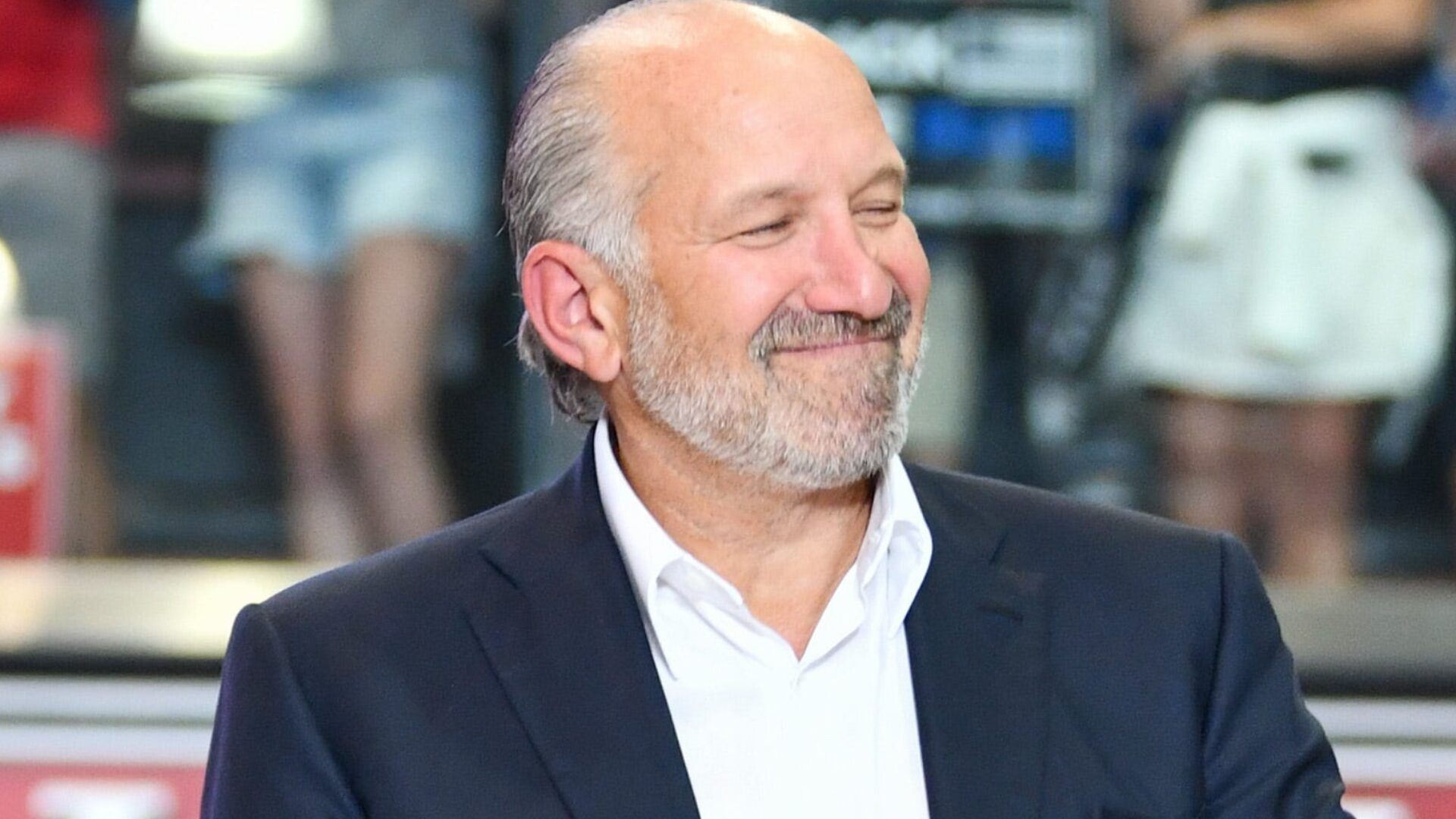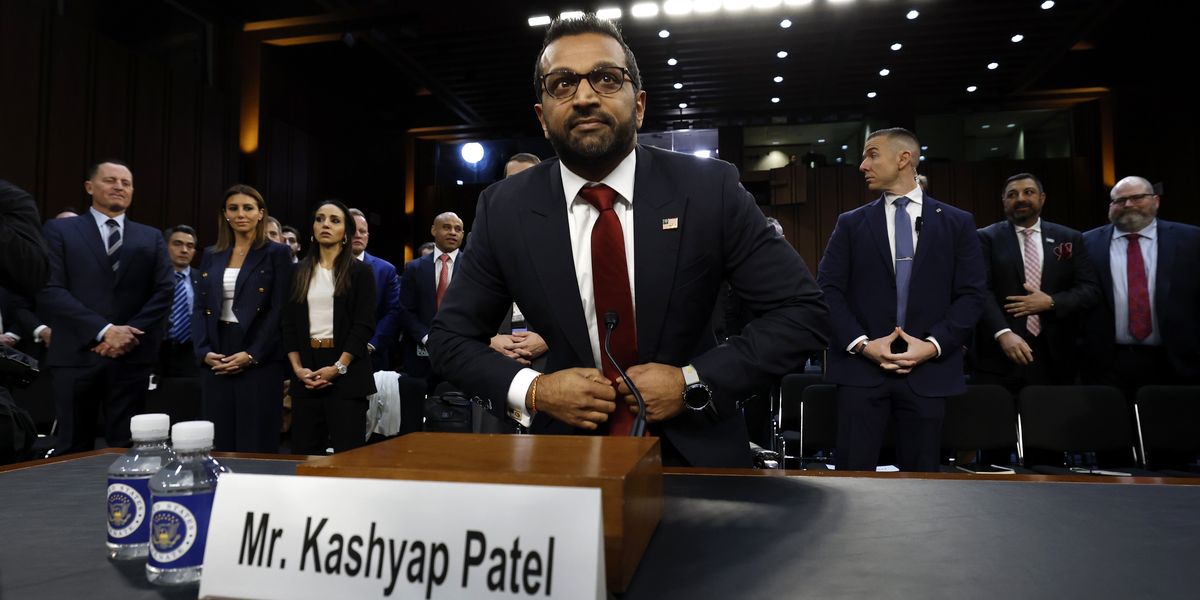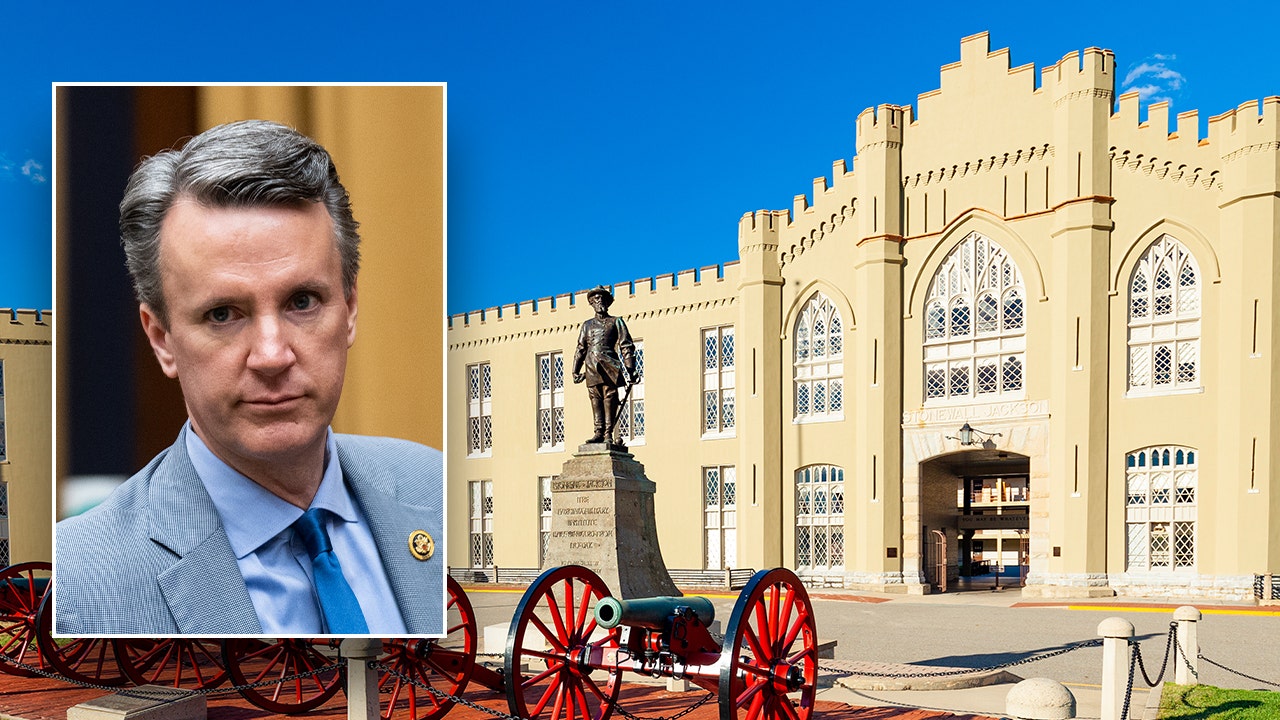Iran’s new president, Masoud Pezeshkian, is clearly a man of the people and he is quite concerned over the rights of women in his country. Putting sarcasm aside for the moment, that level of concern appears to have ramped up considerably this week after the United Nations issued a warning saying that women in Iran are still being violently punished for failing to properly adhere to the nation’s strict Islamic dress code for females. The UN warned that women were still being beaten in public and imprisoned. The warning was issued two years after 22-year-old Mahsa Amini was beaten to death while in the custody of the nation’s “morality police.” But Pezeshkian insists that this is all nonsense and propaganda. His morality police would never do such a thing. (Perish the thought.) Under his leadership, the morality police will “no longer bother women” over their failure to adhere to the code. (BBC)
Iran’s new president has said that morality police will no longer “bother” women over the wearing of the mandatory hijab headscarf, days after the UN warned women were still being violently punished for breaking the strict dress code.
Masoud Pezeshkian’s comments came on the second anniversary of the death in police custody of 22-year-old Mahsa Amini after she was arrested for allegedly not wearing the hijab properly, sparking nationwide protests.
The UN last week said Iran’s government had “intensified efforts” since that period to suppress women’s rights and crush any last vestiges of activism.
Internal politics in Iran can be hard for Westerners to follow so we may have to simply give this situation some time to play out. Pezeshkian was indeed portrayed as a more “moderate” voice than his predecessor, Ebrahim Raisi in Iran’s ruling regime, and he was already on record saying that the morality police needed to be reined in. But calling someone “more moderate than” Raisi is rather like saying that Elizabeth Warren is less of a socialist than Mao Zedong. It may technically be true to a certain extent, but you’re still coloring outside of the lines.
With all of that said, however, it’s still possible that Pezeshkian is being more sincere than I’m giving him credit for thus far. He is already safely in office with little chance of being forcibly removed any time soon. If this was entirely a work of propaganda he could have abandoned it by now with very little risk to his position. In fact, the reporter who asked him the question was wearing her head scarf loosely with some hair showing, much the same as Mahsa Amini was shortly before she was executed. When he asked the reporter if she had seen any of the Morality Police in the streets on her way to the press conference and she said yes, Pezeshkian vowed to look into it and said that wasn’t supposed to be happening.
During the campaign, Pezeshkian also promised to ease up on some of Iran’s long-standing clampdowns on internet content critical of the government’s policies. There doesn’t seem to be much happening regarding that promise, but these sorts of things take time. At the same time, however, it has been reported that a new “Hijab and Chastity” bill is in the final stages of approval before Iran’s Guardian Council. If passed, that would officially codify restrictions on women’s rights that are barely distinguishable from the rule in place under Raisi before he was “unexpectedly” blown up earlier this summer.
Change comes about slowly in that part of the world, assuming any changes take place at all. The people supporting reforms in women’s rights are battling forces that have been entrenched there for a very long time with only a few exceptions when the influence of the West grew considerably stronger. In this case, any positive change is better than nothing, I suppose. We’ll just need to give Pezeshkian a bit of time to see if his actions match up to his words.
Read the full article here




![These divers are dwarfed by an enormous and rarely-seen Mola Mola in stunning video [WATCH] These divers are dwarfed by an enormous and rarely-seen Mola Mola in stunning video [WATCH]](https://www.wowbro.wtf/wp-content/uploads/2024/09/2024.09.16-09.40-wowbro-66e8a5c62491f.jpg)




